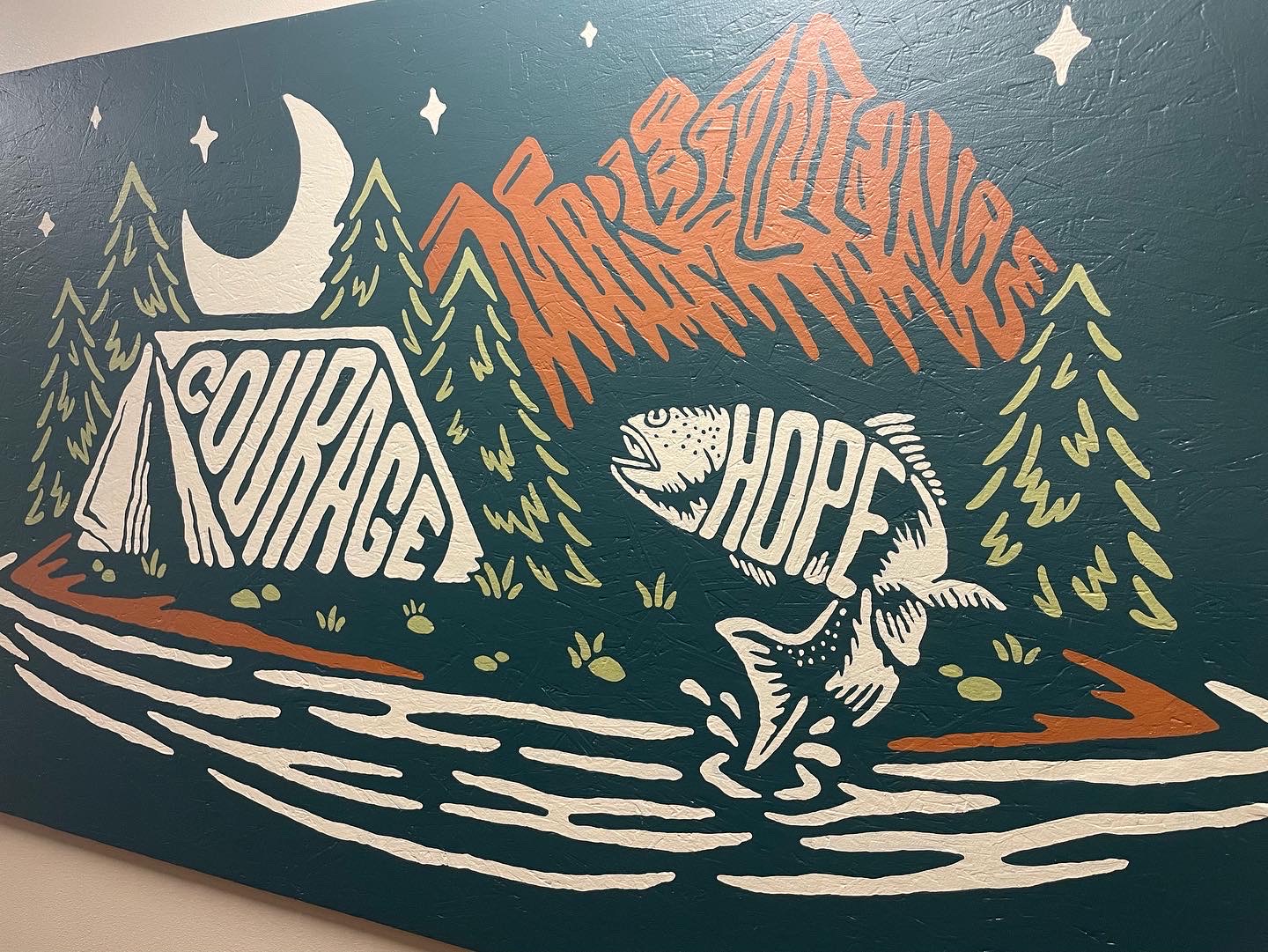Prior to Measure 110 passing, Oregon had less than half the addiction treatment services it needed, and Central Oregon has struggled to keep up with the growing population and growing need. Now, as part of the $11.5 million in Measure 110 dollars given to Deschutes County, new services and programs are opening up and expanding, reducing long wait times, and decreasing other delays that have prevented some people from accessing help.
Here is how one of the grantees – Deschutes County Behavioral Health – is putting their M110 dollars to work serving more adults and youth in their community:
✅ Providing more youth specific support by hiring two M110 funded two Qualified Mental Health Associates and Certified Alcohol and Drug Counselors with youth expertise;
✅ Hiring more peer recovery mentors to help staff the Center after hours AND serve as after hours crisis support for anyone in the Deschutes County area who needs support;
✅ Offering recovery transportation and other specialized services to better meet the complex needs of community members;
✅ Staff the Center’s new drop-in center in Redmond, helping the County establish a permanent, drop-in presence; and
✅ Increasing ability to connect houseless community members who struggle with substance use by hiring three new outreach staff.
Click here to learn more about how to access services at the Deschutes County Stabilization Center.
The Center provides people with a safe place for those deemed appropriate for up to 23 hours to catch up on sleep, do laundry, connect with peers and counselors, and more. This is significant because it helps keep people experiencing a mental health crisis out of the ER while instead connecting them with the specialized, low-barrier care they need.
 The Stabilization Center is located next to the jail, but police officers only take people to DCSC if they agree that they want to go. This voluntary-only, non‐punitive approach allows a person to maintain their sense of autonomy while being offered safety, assistance, and community. Deschutes County Stabilization Center does so much good throughout the County; they oversee K-12 in-school medical centers, work with a public health team to provide youth addiction recovery services, and other crisis services.
The Stabilization Center is located next to the jail, but police officers only take people to DCSC if they agree that they want to go. This voluntary-only, non‐punitive approach allows a person to maintain their sense of autonomy while being offered safety, assistance, and community. Deschutes County Stabilization Center does so much good throughout the County; they oversee K-12 in-school medical centers, work with a public health team to provide youth addiction recovery services, and other crisis services.
Measure 110 will enable Deschutes County Behavioral Health to hire multiple positions that will support their Intensive Youth Services and Child, Family, & Young Adult Outpatient services, enabling them to provide more youth-specific support. These positions will ensure people have easy access to a variety of wraparound addiction recovery services. Holly’s team specifically will be able to add additional peer recovery mentors to help staff the Center during swing and night shifts — two busy times of day in terms of client arrivals that are typically understaffed. These mentors will serve as an after hours resource not just for clients, but for anyone within the Deschutes County BHRN area who needs support after hours. These mentors will also provide recovery transportation and peer support, These new positions will allow them to provide more specialized services to better meet the complex needs of community members.
M110 funds are also being utilized to help staff Deschutes County Behavioral Health’s new drop-in center in Redmond. Deschutes County Behavioral Health currently has a program presence in Redmond, but not a dedicated drop-in center. This staffing, made possible with M110 dollars, will help them establish a permanent, drop-in presence as they currently have set up in Bend.
Deschutes County Behavioral Health is also hiring three additional outreach staff to connect with houseless community members struggling with substance use. Holly noted that houselessness looks different in Central and Eastern Oregon; people often camp out in very remote areas, so street outreach requires more time and manpower.
It was evident that Holly and her team care deeply about their communities and the work that they do. Measure 110 dollars will enable DCSC to reach more people, more quickly to keep them safe, alive, and perhaps just as importantly, give them hope for a brighter future.
If you or anyone you love needs help, please call (541) 575-3769 to get connected to a local provider.

